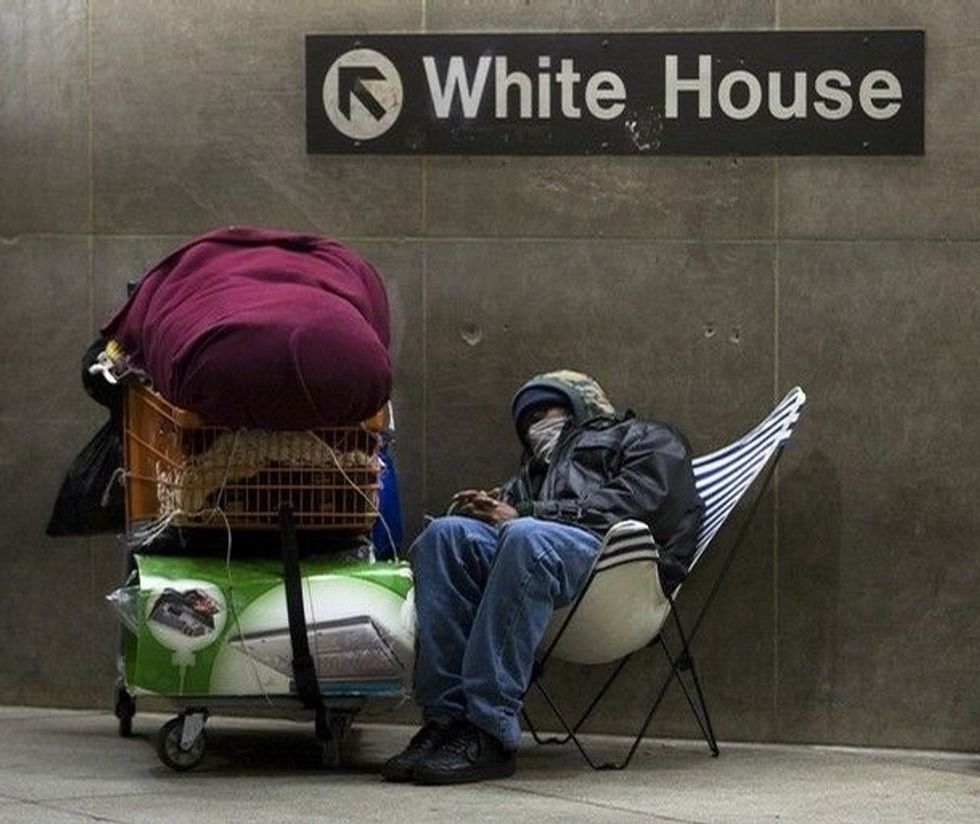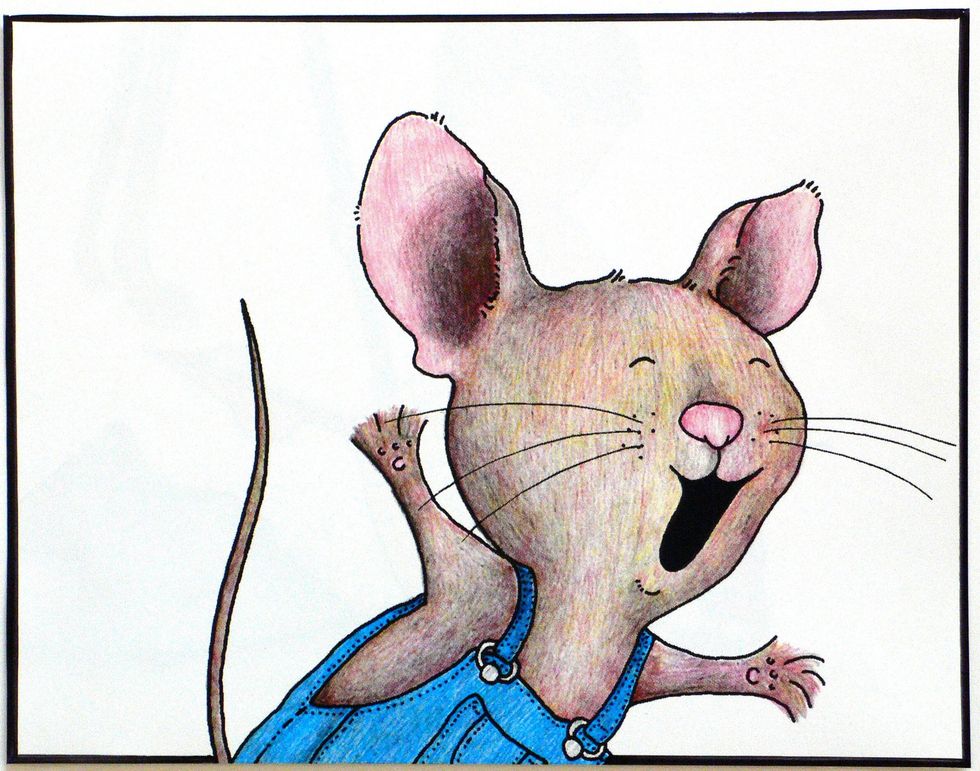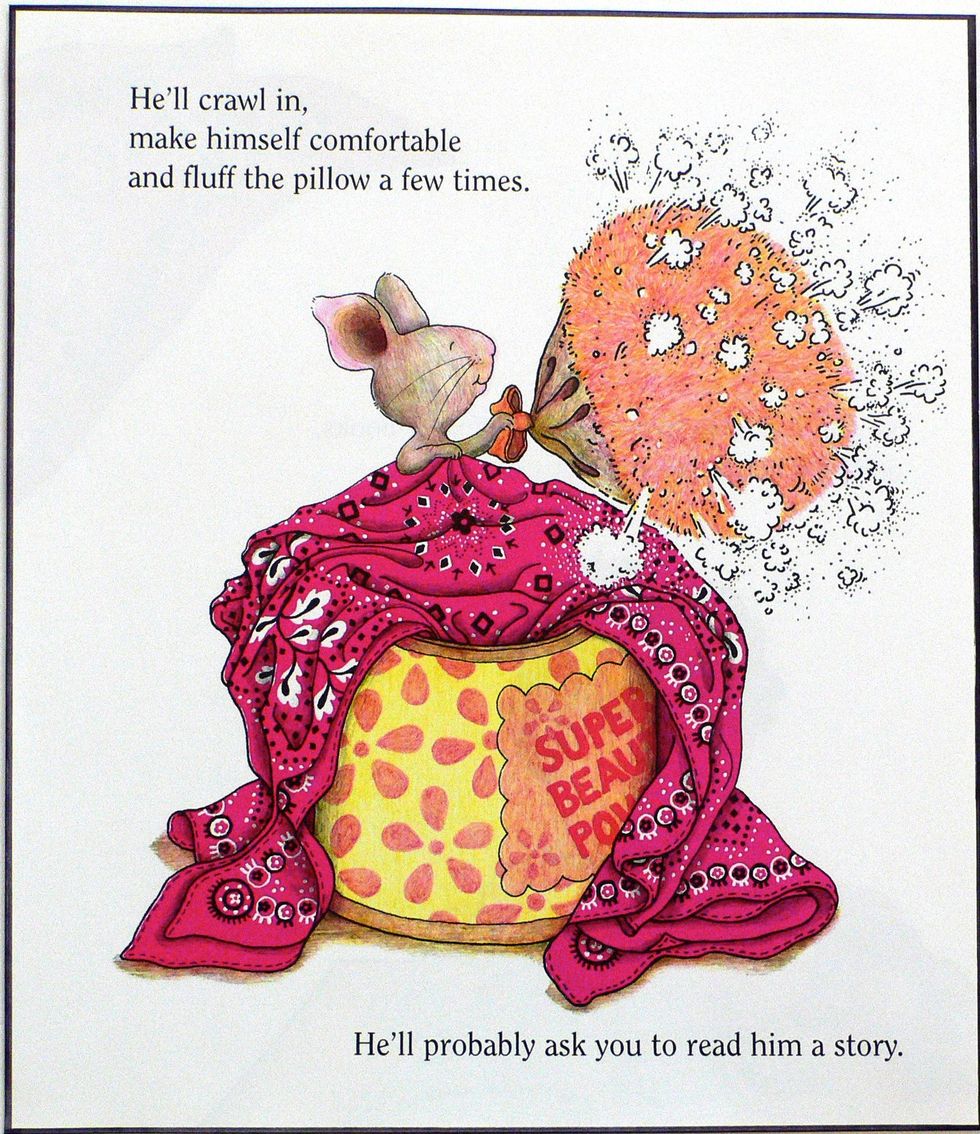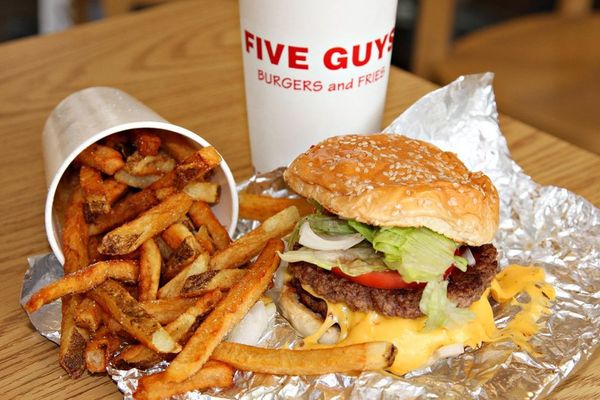Two summers ago, when I was an intern at The Father McKenna Center in Washington DC, I met Jason, who was homeless. I had just finished closing the shelter's computer lab for the evening, and the attendees of the AA meeting in the shelter's cafeteria had started to say their goodbyes and disperse until next week. As I was leaving to take the subway home, and as he was leaving to walk back to his encampment, wherever it may have been, Jason and I converged with each other at the front door of the shelter, and we introduced ourselves to each other.
Jason had two children, aged four and six, both of whom were protected from him under custody by his former wife. She had made the decision to divorce him because of his drug use, which posed a danger to the couple's children. (Jason did not hesitate to admit to this.) Shortly after the separation from his family, he became homeless. He had a high school degree and some former experience doing construction work. Aged into his mid 30's with minimal employment, Jason had been struggling to find a job for years.
As we walked, he told me about his kids, and how sometimes he hears about them during occasional phone calls with his wife. For a moment, he turned his head to look at me in my eyes, and he quietly told me about how proud he was of his daughters for completing the first and third grades of elementary school.
If you are homeless, it takes an immense amount of courage to make the commitment to go to a homeless shelter. I believe that the one thing that most people struggle with, homeless or not, is the challenge of confronting one's own demons. Jason had demons, luggage, regrets, and so on - I had those too. Jason had first stepped at The Father McKenna Center shortly before I began my internship. As I performed the duties of my internship, Jason and I, together, experienced a great turbulence in our individual missions to confront our demons; and with that turbulence came sobriety. Not relief or improvement, but sobriety. True self-improvement is a year-long commitment, but self-awareness is a skill which can be utilized at any time.
Jason and I spoke several times throughout my internship. One of the last interactions I had with his before I completed my term happened again at the front entrance of the shelter. He told me that after years of searching, he had found the initiative to apply for a job. "Even though she and I needed to go our own ways," he said, "I still want to show my wife that I care about her. We're not married, but I still want to provide for her and the kids. I don't know how they feel about me, but I want to show my daughters that I am still their father, and that I love them."
When I started my internship at the shelter, I genuinely believed that I would come out of it depressed and disillusioned. But I learned to look beyond the misfortune and suffering, and with that perspective, I started to find more and more inspiration in the facets of life by which I had previously felt discouraged and depressed. I have not seen Jason in two summers, but I think about him every day, for strength.
Say, for instance, that you start to feel as though the daily grind of your summer job is starting to become too monotonous. Us undergrads are tirelessly told by our advisors that the best possible use of our time during the summer, outside of college and other than working for pay, is time spent volunteering and building up our resumes. After some online research and phone calls, you break down your volunteering options to three different nonprofit organizations in your area: Your first option is to spend 3-5 hours once a week helping a local community center care for its flower garden, fresh herb greenhouse, and wildlife sanctuary. Your second option is to spend Tuesday and Thursday evenings bathing, petting, and reading storybooks to all the dogs and cats at a nonprofit rescue shelter. Your third option is to spend 5 hours on Mondays, Wednesdays, and Fridays at an inner-city homeless shelter and rehabilitation center for men who have been recently released from prison.
This where the conflict begins. Deep inside, you know that volunteering at the men's shelter is, in your opinion, the most valuable kind of work you can do. Human beings require more attention than plants and pets. Humans beings need to be kind to each other, and so, you may want to volunteer at the shelter.
The problem is certainly not that nobody wants to volunteer at homeless shelters. I consider myself an optimist, and I still think that the majority of people living in the United States wish to care for and support each other. The true problem is that even when a good-minded, empathetic, caring person wants to offer their kindness to the homeless, there are layers upon layers of illusions, false impressions, misconceptions, misunderstandings, and (most importantly), miscommunications which prevent them from doing so. What must truly be addressed is not how much attention is being paid to homelessness, but how attention is paid. There are many kinds of layers of illusion; the majority of them are certainly racial illusion. A vast number are economic. Others, however, are emotional. A lot are just flat-out moral as well.
The growing epidemic of homelessness, as an affliction, is the product of political injustice, racist systems, and greed. But the homeless lifestyle itself, however, is not political in nature. Homeless people are not statistics in a study, neither are they variables in a social equation. Homelessness is a daily struggle for a human life, and those who are homeless suffer. They are as emotional and as sentient as the well-off office workers who pelt them with quarters as though they're fountains.
Understanding homelessness is especially hard for people on the polar opposite side of the social/economic spectrum from the homeless. It is somehow harder for a wealthy and educated person to understand homelessness than it is for someone from lower-class origins to do so. As I said before, I genuinely believe that the vast majority of people on this Earth have the moral initiative to help those less fortunate - but this initiative is excessively overridden by the reflexive tendency most people have to compare and juxtapose themselves. This act of reflexive juxtaposition is what scares most people away from homeless shelters.
Call it what you want - "juxtaposition" is not the only word one can use to describe this feeling. Some people might call themselves "overqualified." From a political perspective, some have referred to it as "white guilt." Regardless of what you call it, it is reflexive. Homeless people, just upon sight, are registered with labels and false truths. The visceral, instinctive reaction to a homeless person is "Look forward, walk firm, and don't make eye contact." This is what needs to change.
In western society, people who grow up privileged - with parents, shelter, an education, and relationships - are subconsciously taught, unintentionally encouraged, and silently conditioned by the people around them to treat the homeless with, above all else, pity. The etiquette of reacting to a homeless person suggests something of a "passive melancholy." Like I mentioned before, under this mannerism of avoidant sorrow, homelessness is not a condition of life. It is a political symbol. The stumbling beggar in the subway and the raggedy busker on the street corner are effectively dehumanized by default; as long as they are evidently homeless, their role in the social dynamic of these public places is automatically different from yours and mine. The status of homelessness completely nullifies - no, prevents - a person's worthiness and rightful entitlement to human attribution, and without mercy, they are turned into something which is not human: a figure which is nothing but a representation of itself.
After years of riding the bus and subway, I have become aware of several different categories in which the people around me fit; I see the day laborers, who are categorized by being older men, clad in paint-stained construction pants, functioning in close-knit groups of six or seven. I see the government employees, who are categorized by the loudness of their gazes of exhaustion, directionless and unfixed, garbed in outdated albeit notably well-fitted suits, bland floral blouses, sky-blue button downs, the incredible pant suits, and khakis, and khakis, and khakis. I see the college-aged summertime interns running coffee for politicians who never remember their names, and they, too, are categorized; specifically by their calculated movements, blatantly artificial exteriors, and the endearing aura of simultaneous youthful naivety and capitalistic millennial-themed ambition (they also act like they know where they're going, when really, they don't, but they never stop to ask for directions). I see the mothers, the trust-fund white kids from Gonzaga, the beatniks from Howard, the Reagan-bound luggage-bearing vagabonds, the punks, the academics, the racists, the anarchists, the activists, the drunks, the wandering, the sleeping, and of course, the emblematic tourists in their MAGA hats, graphic tees, and jorts.
What kind of a response is demanded of those who choose to protect the weak? How are the wounded addressed by the healers? How should I talk to someone who suffers? The photographers, the journalists, and the volunteers cannot hope to rile a revolution alone. Neither can the teachers hope to raise a generation freed from toxicity alone, nor can the young politicians on the Hill hope to deliver their country to safety and stability alone. The problem of homelessness can be addressed, as can it be confronted, observed, studied, and journalized. Don't get me wrong, though - this type of action is deeply important: The awareness of a problem creates an opportunity for its solution. But the raising of awareness is not enough. The confrontation of our reality is not enough. To take the first step beyond awareness is to give attention to those who are in need of it; to attend to the weak and the wounded, and to act for their protection and their healing. In the words of the French revolutionary Simone Weil: "Attention is the rarest and purest form of generosity."



 Photo by
Photo by  Photo by
Photo by  Photo by
Photo by  Photo by
Photo by 















